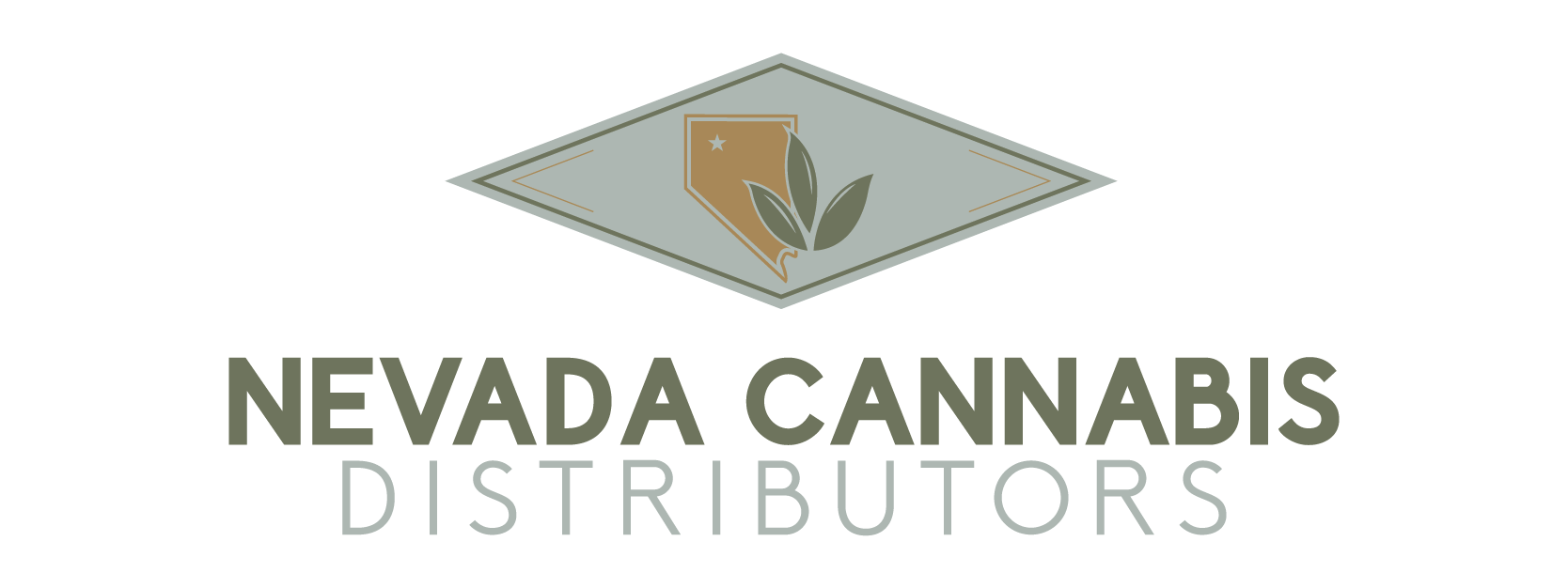Nevada’s cannabis industry is tightly regulated, especially when it comes to packaging and labeling. These requirements play a pivotal role for distributors, impacting processes from receipt to delivery and record‑keeping.
Strict Packaging Standards
Nevada regulations mandate that cannabis must be packaged in opaque, child‑resistant containers that meet specific federal standards. Distributors receiving edible or liquid products must confirm that packaging meets durability, resealability, and dosage clarity requirements. Inspections of packaging integrity are required prior to acceptance or transport.
Labeling Accuracy & Legibility
Distributors are responsible for verifying that each product label includes:
- Bold statement: “THIS IS A CANNABIS PRODUCT”
- Accurate THC content (per serving and package)
- Warning language about delayed intoxication effects
- Ingredient and allergen information
- Net weight, extraction method, and terpene profile
- Required warnings such as “Keep out of reach of children” and “May be unlawful outside of Nevada”
- Legible font (minimum 8-point, non-italicized)
Failure to ensure compliance can result in rejected shipments, delays, or violations.
Seed‑to‑Sale Traceability
Distributors are required to manage cannabis products with scannable tracking tags and digital manifests that match physical inventory. Any inconsistencies can prompt audits, enforcement actions, or product quarantines.
Food‑Safety & Contamination Protections
All cannabis products must be protected by food-grade, contamination-resistant packaging. Distributors must ensure warehouse and transport environments prevent exposure to humidity, extreme temperatures, or physical damage. If packaging is compromised, the product must be quarantined or returned.
Operational Challenges & Business Implications
Labeling and packaging are frequently cited by cannabis distributors as key operational bottlenecks. Common issues include:
- Delays due to mislabeling or packaging noncompliance
- Repackaging or relabeling demands from clients or regulators
- Increased labor for inspections and quality control
- Need for additional warehousing space for quarantined items
These challenges require investment in compliance processes and personnel, increasing operating costs.
Regulatory Risk & Compliance Enforcement
Nevada authorities impose penalties for noncompliance with labeling and packaging rules. Fines, license suspensions, and audits can occur if distributors accept or deliver improperly packaged goods. Maintaining updated protocols and documentation is essential for ongoing compliance.
Mitigating Illicit Competition
Clear, compliant packaging not only supports regulatory alignment but also reassures consumers. When compared to the unregulated market, well-labeled products reflect safety, dosage accuracy, and professionalism—helping legitimate distributors build consumer trust and loyalty.
Best Practices for Distributors
- Perform incoming quality control checks to catch packaging and labeling issues early.
- Maintain temperature-controlled and contamination-free storage to protect packaging integrity.
- Provide ongoing staff training on Nevada’s cannabis packaging and labeling regulations.
- Keep updated records of all inspection, quarantine, and return actions for compliance audits.
- Monitor regulatory changes regularly to ensure operations stay ahead of evolving rules.
- Collaborate with suppliers to ensure pre-shipment compliance with Nevada’s standards.
In Summary
Packaging and labeling regulations in Nevada impose significant operational demands on cannabis distributors. From ensuring child-resistant, food-safe packaging to verifying detailed label information and maintaining traceability, compliance is a cornerstone of responsible distribution. While it increases complexity and cost, adhering to these standards helps build a safer market, protects businesses from penalties, and fosters consumer trust in the legal cannabis supply chain.
